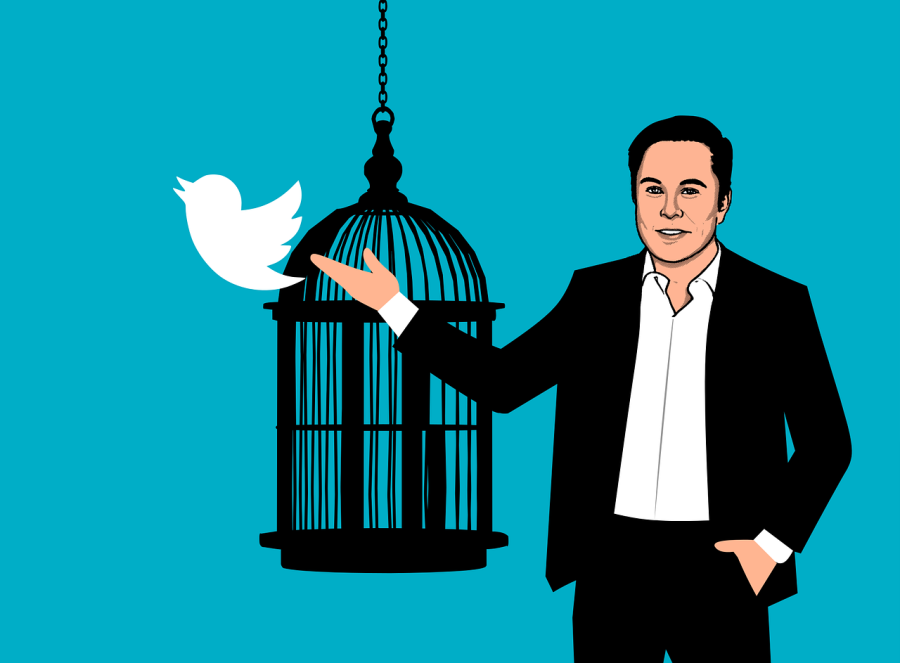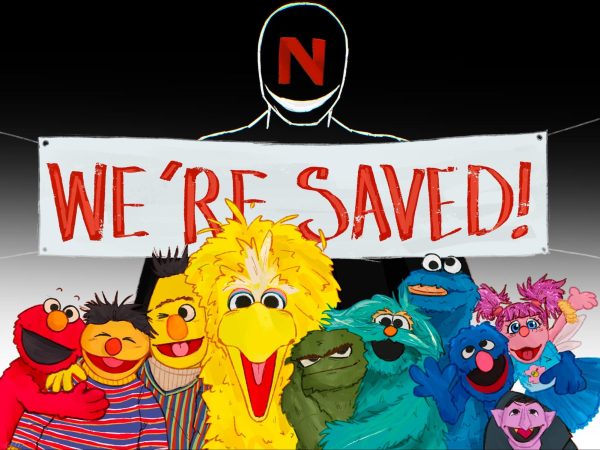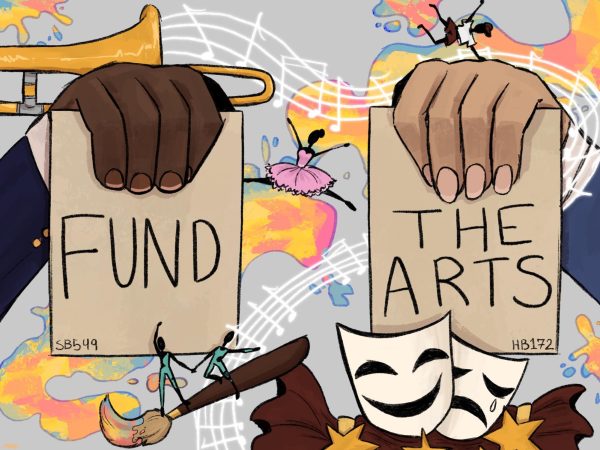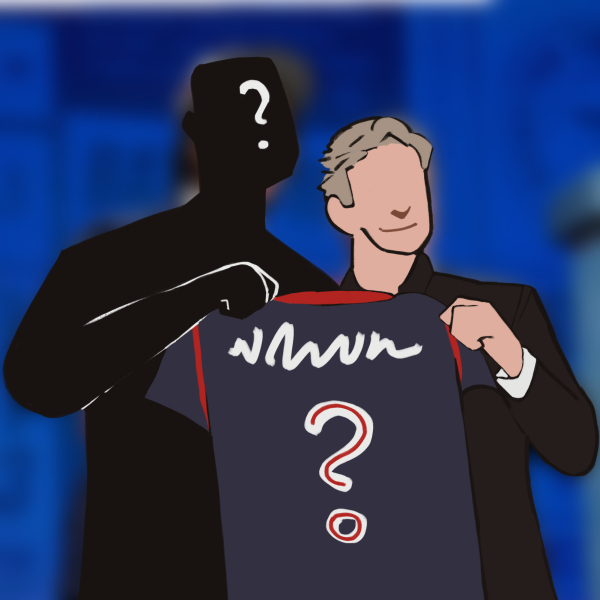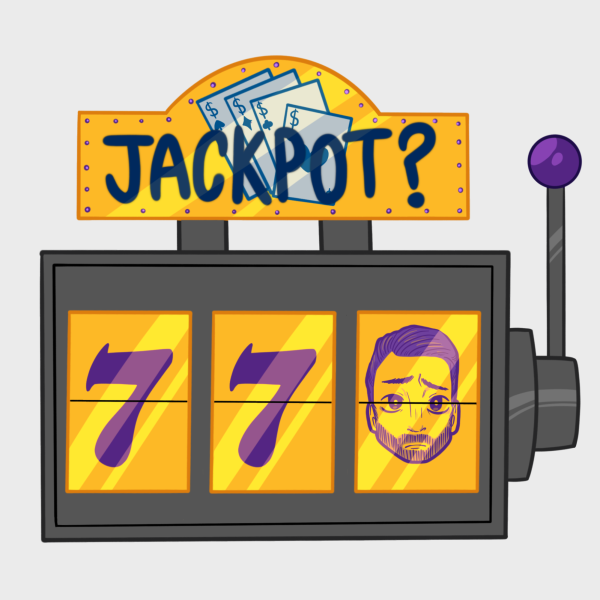The X App: neXt big thing or a hoaX?
Musk purchased Twitter not only to free it from the censorship it experienced under its former leadership, but also to use it to pave the way for his X app. His idea originally was the use the app to promote his ‘everything app’ and later incorporate it as a mini-feature of the X app. (Photo provided by Unsplash)
Musk’s new idea has a big fat X written all over it.
It’s what pushed him to purchase Twitter for $44 billion just to turn it into a small part of his grand scheme: the X app.
Finding inspiration in the Chinese all-in-one (ride services, food delivery, banking and shopping) messenger app WeChat, Musk had a similar vision for his ‘everything app’. But, will the same idea from another country, entirely different from ours, work well, let alone survive?
Probably not.
The app is popular in China; that’s for sure. It’s even used in America among Chinese families, including mine, to make international calls to family back in China and exchange money digitally. My entire family uses it all the time to message each other and practically all of our family friends connect with each other through the app.
It attracts users by bringing in convenience, essentially putting Uber, GrubHub, Chime, Zelle and Amazon onto one single mega-platform. But, its ubiquitous use stifles competition and eliminates user choices.
It goes against the Silicon Valley style of companies fighting each other for the top spot. The messaging app may have thrived under the unique market conditions of China, but in the capitalist markets of the US, it might not survive.
Here’s why.
One of the main reasons WeChat was such a big hit in China was because it built off an existing social network called QQ, funneling in users through the already popular platform.
Musk doesn’t really have that.
Although he could do the same using Twitter, his new X app wouldn’t be alone or unique like his previous companies. It would be competing in a market crowded with giants like WhatsApp, Messenger, Telegram and many others.
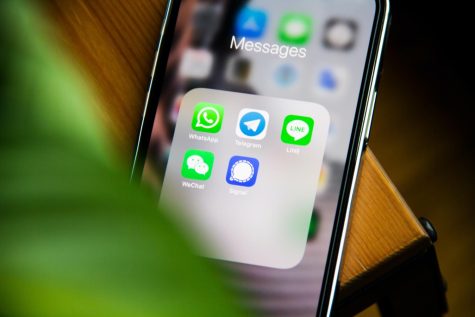
His app could be as enticing as the X on a treasure map, but it’d be only a tiny spot in a vast land. Unnoticed and blocked out.
The same weakness applies to the e-commerce side of his app. There are just too many competitors, from Amazon to Uber, in that market. Musk would essentially be setting himself up against established tech giants with hundreds of millions of users and their own payment products.
It’d be akin to replicating the success of Tesla or SpaceX nowadays while the ideas have already set their roots. Innovation has already struck and like lightning, it’s not going to strike twice in the same spot.
Let’s also not forget that at its core, WeChat is a social messaging app, fundamentally different from Twitter, a social media platform. The difference between the two is that on one app, people look to consume information while the other sees users talk with people they know in real life.
The contradiction here? Musk based his app on WeChat, but wants to use it like Twitter. That’d be the same as designing headphones and using them like speakers.
Even former Twitter co-founder Jack Dorsey himself knew that such an app wouldn’t work out.
Back when he was leading both Twitter and the payment app Square, now called Block, he didn’t merge the two apps into one for the very same reason that Musk should abandon the X app.
The app itself is counterintuitive and competition in the market will tear it into pieces. But, that’s not the worst of it.
On top of the competition, the political atmosphere against Big Tech may also stand in the way of Musk’s X app. And, Musk’s own controversy and partisan forays don’t help him out either.
Regulators will come after him and creating a super-app that will require immense amounts of user data and involve user privacy will only put a target, a big fat X, on Musk’s head.
By incorporating e-banking into his app, he’ll enter one of the most tightly regulated spaces in American business.
He could even invite more scrutiny from the SEC if he follows through with his plans to bring crypto trading to his ‘everything app.’
In light of the X app’s shortcomings, it’s clear that Musk’s time and effort would be better spent on what he already has made.
If he tried to do everything, he’d probably just end up doing nothing. He would be wasting billions of dollars, creating a glorified all-in-one app and humiliating himself. But, I won’t judge…
The X app could be the first of its kind in America, but it won’t…
…because it’ll fail…
…in all aspects.
It has that Musk X-factor: noteworthy… only for its inevitable letdown.
Your donation will support the student journalists of Bellaire High School. Your contribution will allow us to purchase equipment and cover our annual website hosting costs.


